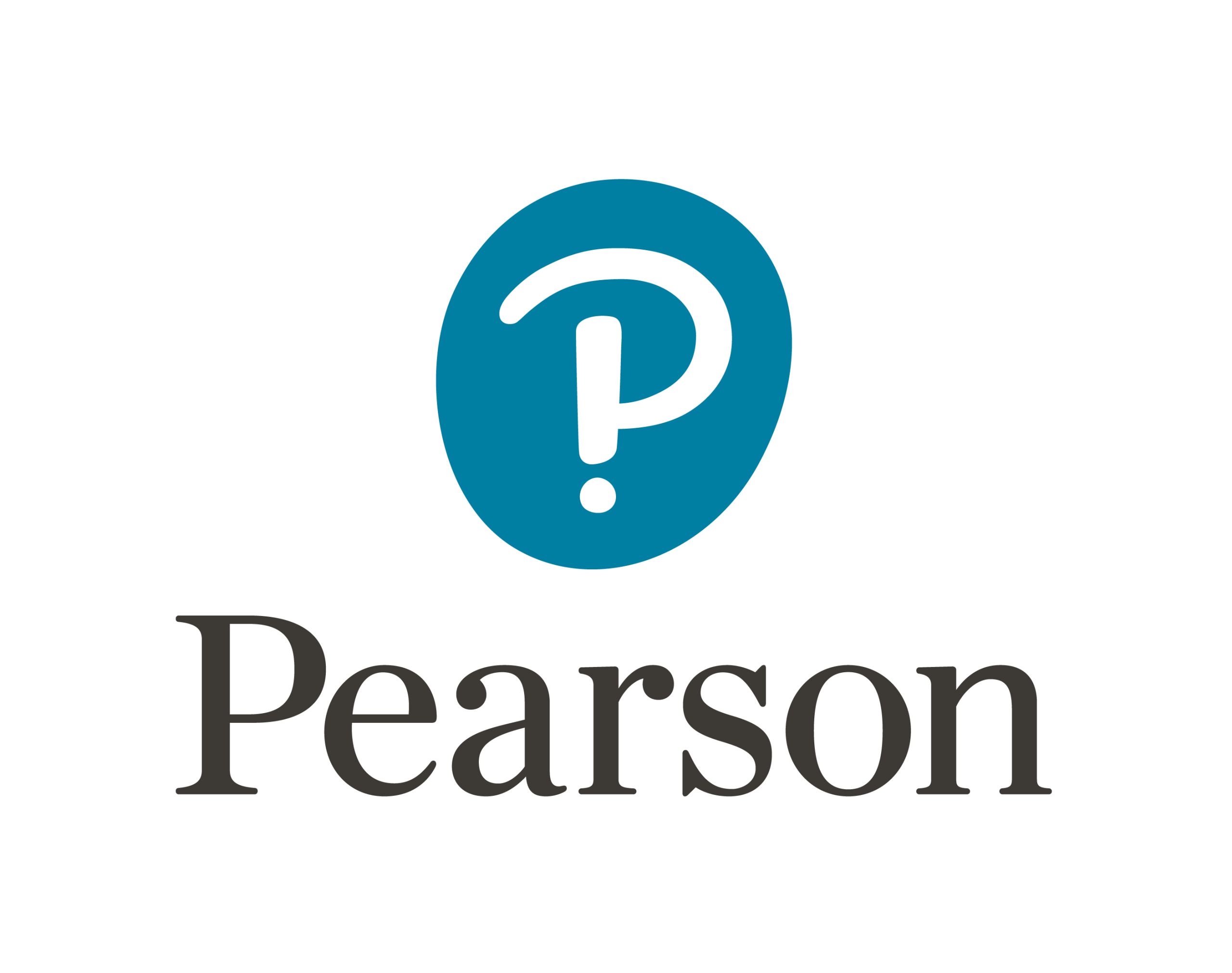How Nursing Education is Evolving Online
Pearson Online Learning Services

Evolving technologies and a changing market have made online education a swift-moving field. But it’s not a new one. An early pioneer in digital education, Duquesne University was the first institution in the United States to establish an online doctoral program in nursing in 1997. Mary Ellen Glasgow was one of the first students in the program, pursuing her doctorate at the university between 1998 and 2002. She is now dean of nursing at Duquesne.
Back in the early days of the internet when logging on meant using a dial-up modem, studying online was at the outset a necessity for Glasgow. She had broken her ankle and could not get to class in person. “I actually call it serendipity because I fell in love with online learning,” she says. “I thought, ‘Let me try this,’ because I knew it was the education of the future.”
New Teaching Methods,
More Competition

Over the past three decades online learning has become an increasingly popular route to education, with almost a third of all students now taking at least one course online, according to the Babson Survey Research Group. A large number are non-traditional or mature students who may have children, jobs, and other responsibilities. Online courses give them flexibility to gain qualifications at their own time and pace.
This is particularly useful in vocational fields, like health care, because it allows clinicians to continue their education while working and maintaining their clinical skills. The digital format is also a good fit for medical fields because it enables innovative teaching methods. In nursing this can mean simulations that let students examine a virtual patient and document their findings as if in a clinic, or take charge of an entire patient population so they can explore the principles of community-centred care.
In 2017, nearly 20 years after the inception of Duquesne’s program, Glasgow decided to embark on a partnership with Pearson’s Online Program Management (OPM) division. Glasgow had joined the Duquesne School of Nursing in 2012, having previously been professor and associate dean for nursing and undergraduate health professions at Drexel University. She wanted Duquesne to expand beyond its local western Pennsylvania region, and hoped to attract a more diverse student body that would more fully represent the population it served.
She was also keen for Duquesne to keep up with growing competition from other higher-ed institutions. Duquesne had been one of the few schools to offer online nursing courses, but the landscape was changing swiftly, she says. “Now we had intense competition even from some very, very prestigious schools that went online with their programs.”

Maintaining Balance in a
Commercial Partnership

Glasgow carried out extensive research before signing the contract and chose Pearson because of its established reputation and experience with over 40 institutions around the world. Under the partnership agreement, Pearson is responsible for marketing and recruitment, while Duquesne faculty manage all aspects of course design and teaching.
One of the main worries of faculty was that they would lose control of course design and other academic matters when working with an OPM company. But Shane Clem, vice president of academic partnerships in Pearson’s online learning division, notes that Pearson is a flexible and cooperative partner, which fine-tunes its materials and messaging so that it represents the institution correctly. “Our goal when we partner with institutions is to simply connect with them and design and build a course that is theirs —not Pearson’s,” he explains.
Nor does every course go online. Becoming a registered nurse is one of the earliest qualifications in a student’s career, allowing nursing students to work directly with patients. For this, nursing schools requires physical attendance to ensure they acquire professional clinical and communication skills. When more advanced graduate courses are conducted online, they often include a “residency week” of on-campus training, so that the nurses can communicate with colleagues and gain skills in-person.
Market Dynamics, Data Analysis — and Built-In Expertise

With decades of experience in online education, Pearson has brought its considerable size and digital savvy to the partnership. Its marketing capabilities have helped build brand awareness outside the institution’s traditional recruitment area. Pearson has also drawn on data analytics to enable schools to optimize how they present their programs — for instance, taking into account the sorts of keyword searches prospective students might carry out.
Pearson’s team also highlights areas where growth is likely to occur — such as substance-abuse nursing to counteract the effects of the opioid epidemic, or a health-care innovation program probing how hospitals can take advantage of new technologies. These predictions help higher-ed institutions refine their strategy as they plan for the future.
“We have a full market-research team who really dig into the details as they relate to partnering with institutions and determining degree program success,” Clem explains. The depth of their analytic and data know-how, he says, “ultimately helps us de-risk the online model for us and the institutions.”
He continues, “What we hear from our partners is that they just don’t have the ability to be as nimble or as flexible. They certainly don’t have the buying power or marketing budget to put forth what Pearson typically does.”
For Duquesne, a final, key advantage to working with Pearson was that by outsourcing marketing and recruitment, the university could focus on delivering academic excellence. As Glasgow puts it, “My speciality is not marketing, my speciality is nursing education and administration. And this really helps me with our online programs to focus on what we do best, which is teaching students, and developing innovative curricula."
A Program That Meets Market and Patients’ Needs

Two years into the partnership, Duquesne has already seen encouraging results. Enrollment from out-of-state students now makes up 32 percent of the total, with nursing students in California, Georgia, and Texas. The pass on the 2018 and 2019 AANPCB Family Nurse Practitioner Certification Exam is now at 100 percent, Glasgow says.
Like many countries, the United States is facing a shortage of nurses. In 2018, there were more than three million nurses working in the United States, and the Bureau of Labor Statistics described the field’s growth rate of 12 percent as much faster than average. Duquesne students can expect to find jobs when they graduate. The School of Nursing is expanding its offerings into specialist areas such as Adult Gerontology Acute Care and Psychiatric Mental Health Nurse Practitioner Programs, and Executive Nurse Leadership and Health Care Management.
Yet nursing isn’t the only field that will benefit from the flexibility online education provides, Glasgow argues. “I would say that when I look at the world today and at how busy people are, and couples with children and caregiving and working and traveling — I think online is the future for many adult learners, in multiple fields.”



